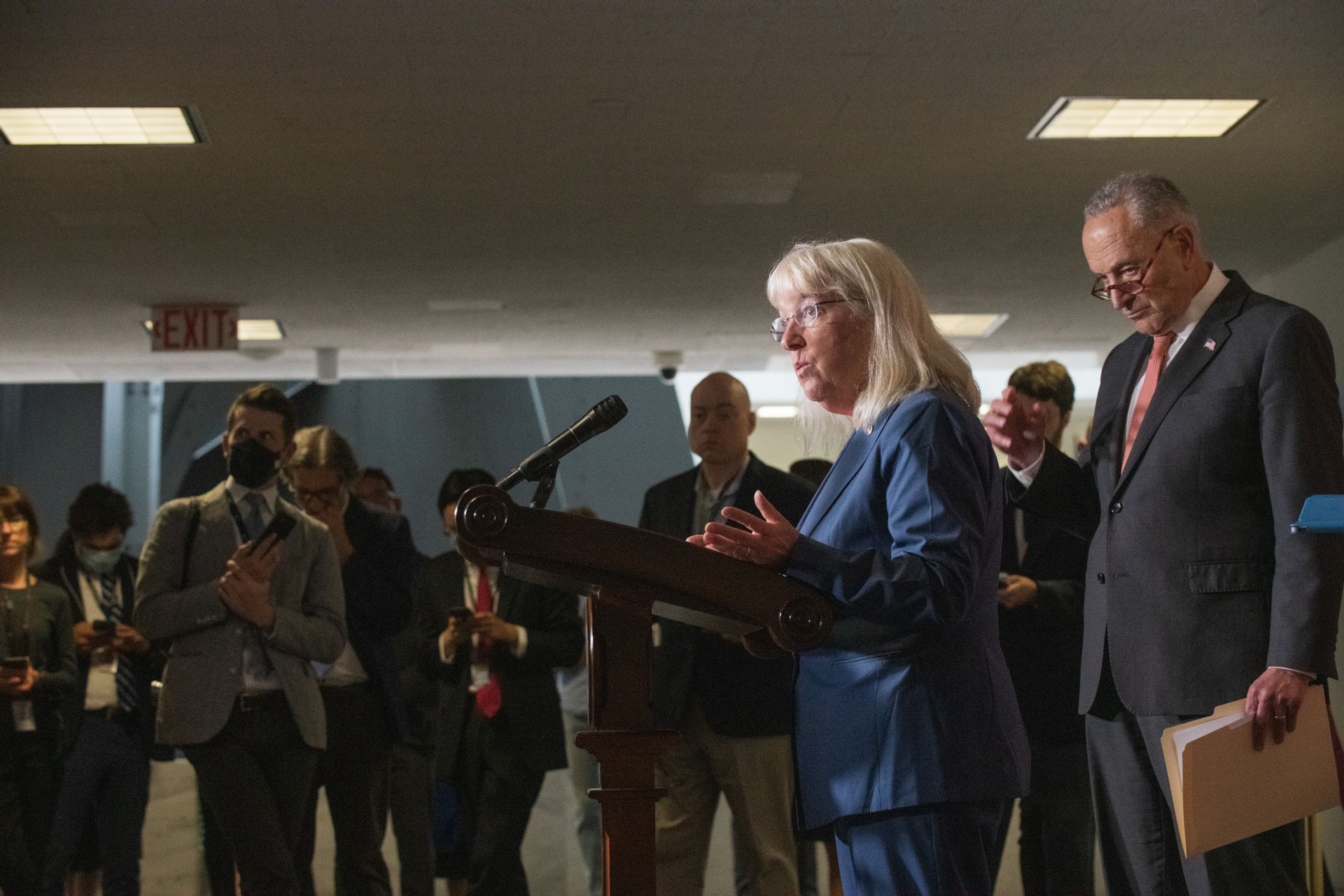(Washington, DC) – Today, U.S. Senator Patty Murray (D-WA), released the below statement following the Environmental Protection Agency’s (EPA) announcement of its Final Determination under the Clean Water Act to help protect Bristol Bay.
“Today the EPA took a long overdue step in using its unique and rarely used authority to protect the similarly unique and pristine waters of the Bristol Bay watershed,” said Senator Murray. “Twenty years of scientific study has proven time and again that building North America’s largest open pit mine in the headwaters of Bristol Bay would have significant and detrimental impacts to salmon habitat. Native Alaskans, Washington state Tribes and our commercial and recreational fishers rely on these waters being protected. This is a huge win for our environment and economy.”
Senator Murray has long been a proponent of protecting Bristol Bay, understanding its environmental and economic impact across the entire region. She reiterated to EPA Administrator Lisa Jackson the importance of conducting a watershed assessment of Bristol Bay in 2011 and commended President Barack Obama for protecting the Bristol Bay waters from oil and gas leasing at her urging. Throughout President Donald Trump’s tenure, Senator Murray pushed back against President Trump’s decision to pave the way for the construction of Pebble Mine.
The University of Alaska Institute of Social and Economic Research found that the Bristol Bay fishery supports more than 14,000 jobs and adds $674 million of economic activity to the states of Washington, Oregon, and California.
Bristol Bay is the source of half of the world’s sockeye salmon and has sustained Native Alaskan communities for over 4,000 years. The total economic value, including subsistence uses, of the Bristol Bay watershed’s salmon resources was estimated at more than $2.2 billion in 2019. Pebble Mine, an open-pit copper and gold mine that could be two miles across and a half-mile deep, would have been an unmitigated catastrophe for the Bristol Bay watershed and the 40 to 60 million salmon who return to it every year.
###


